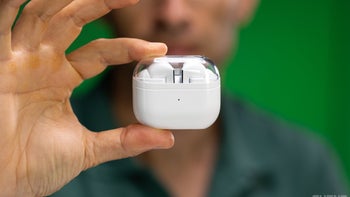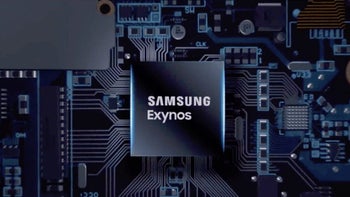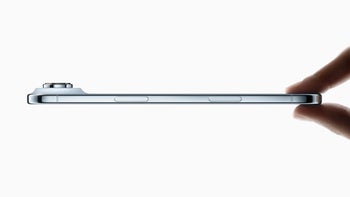Huawei reportedly has a secret research lab at its China headquarters

While Huawei’s smartphone sales may have skyrocketed in 2018, it’s fair to say that the company as a whole hasn’t had the best year. Governments across the globe have raised security concerns relating to Huawei’s equipment and in early December one of the company’s key executives was arrested. But according to a new report by Bloomberg, Huawei has a plan.
At the company’s headquarters in Shenzhen, China, it’s claimed that the smartphone giant has a secret research lab that’s rather ironically nicknamed “White House.” Here, engineers are said to be hard at work on what the company considers to be the backbone of its future – artificial intelligence, cloud computing, and entirely new chips that will reduce its dependence on US companies.
Huawei is also being pushed by the Chinese government to create new solutions, according to the report. In fact, within its secret lab, the company is said to have a separate room called the “vertical industries exhibition hall.” It is in here that the company envisions all the different scenarios in which Huawei’s current and future tech could eventually be used.
At the moment, Huawei already sells a number of components to companies for cloud services and IoT solutions – this business is on track to generate around $10 billion in revenue this year – but it’s expected to become increasingly important over the coming years.
In terms of what the end goal is, it appears both Huawei and the Chinese government are hoping to achieve a scenario in which no US chips or software is required. However, with security issues continuing to arise, this could also mean a loss of customers outside of the country for Huawei.
At the company’s headquarters in Shenzhen, China, it’s claimed that the smartphone giant has a secret research lab that’s rather ironically nicknamed “White House.” Here, engineers are said to be hard at work on what the company considers to be the backbone of its future – artificial intelligence, cloud computing, and entirely new chips that will reduce its dependence on US companies.
At the moment, Huawei already sells a number of components to companies for cloud services and IoT solutions – this business is on track to generate around $10 billion in revenue this year – but it’s expected to become increasingly important over the coming years.
In terms of what the end goal is, it appears both Huawei and the Chinese government are hoping to achieve a scenario in which no US chips or software is required. However, with security issues continuing to arise, this could also mean a loss of customers outside of the country for Huawei.
Follow us on Google News










Things that are NOT allowed:
To help keep our community safe and free from spam, we apply temporary limits to newly created accounts: